Tatarstan packaging manufacturer expands into Central Asia
Danaflex to invest up to 2.5 billion rubles in launching two plants in Kazakhstan and Uzbekistan special economic zones
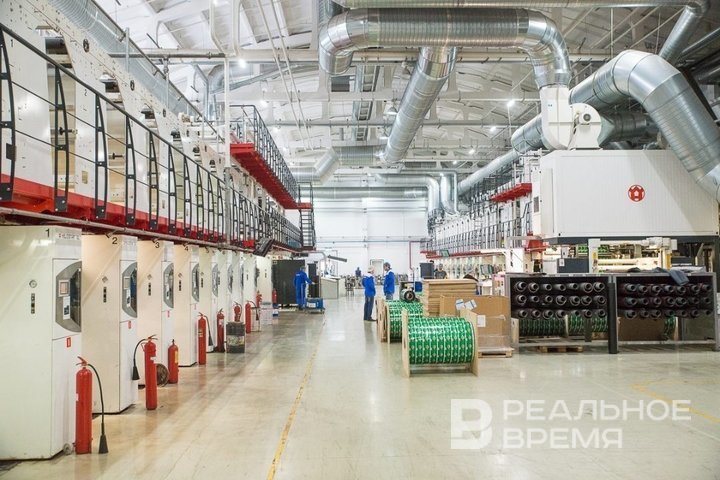
In the new economic realities, Russian businesses are actively expanding their presence in Central Asian republics. As Realnoe Vremya has learned, Tatarstan flexible packaging manufacturer Danaflex will launch two plants here with a total capacity of up to 1,800 tonnes per month. Both projects will be implemented in special economic zones (SEZ) of Uzbekistan and Kazakhstan. “This opens up opportunities for selling products outside the region to other Asian countries and beyond,” experts say.
Tatarstan manufacturer to invest up to 24 million euros in plants in CIS countries
The infrastructure features and large market of Central Asia attract many Russian companies. In Uzbekistan alone, their number has tripled in recent years. Chirchik and Jizzakh technology parks created with the participation of Tatarstan are already operating in this country, and another one is being built in Navoi. Residents are offered tax and customs preferences, credit benefits, compensation for transportation costs and rent deferrals. The location also attracted Tatarstan’s flexible packaging manufacturer Danaflex Group. At the same time, the group founded by Ayrat Bashirov is also considering the neighbouring republic for the start:
“Initially, we really planned to launch the project in Uzbekistan. Now, after a trip to Kazakhstan, to Almaty, we also saw good opportunities. There is a very powerful food production cluster there. We have been present in Kazakhstan for a long time. Our clients and partners there were very loyal to the fact that we could launch a project in their republic. Because Kazakhstan and Kyrgyzstan are the EAEU (Editor’s note: Eurasian Economic Union), you can import products without customs, and, let’s say, start in a more civilised manner with your model,” the company’s Sales Director Alik Gubaydullin told Realnoe Vremya.
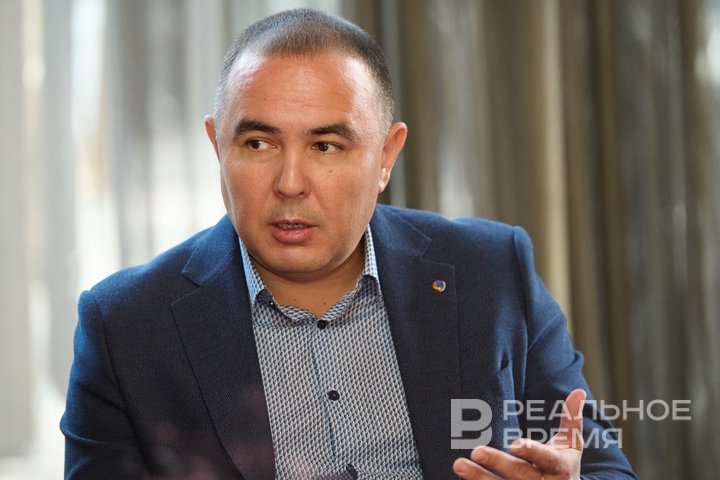
Currently, the company is developing several business projects, building financial models to calculate where it would be better to open the next site in the region. “It could be either Tashkent or Almaty — the final decision will be made before the end of the year,” the interlocutor explained to the newspaper:
“In fact, we are very close to starting with two sites. Most likely, we will make the first plant in Almaty and, probably, with a lag of six months to a year, we will enter Tashkent. Because this entire region is growing rapidly, the potential is huge, and it seems to us that it would be better to stake out a place at once through both sites. The model that we are designing is somewhat different from the existing ones. This is a specialised model of plants that are designed for quick entry and quick loading.”
The plants will produce flexible packaging for food products, mainly for confectionery and snacks. Each enterprise with an area of about 7,000 square metres will include up to three production lines and produce finished products on average 750-900 tonnes per month, depending on the structure of the film. For comparison, the manufacturer's Kazan sites produce a total of about 5,000 tons of flexible packaging per month. “The investment volume in each project will be about 8-12 million euros,” the company representative specified.
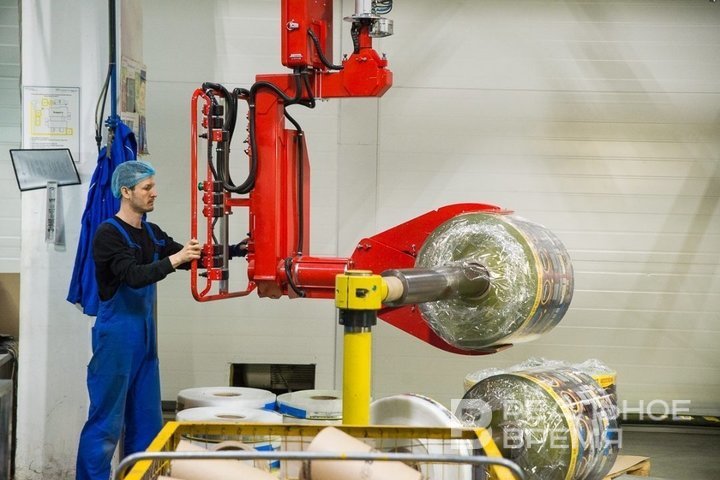
“I was glad that China had not yet occupied this market”
In spring, entrepreneurs of the republic visited a number of Uzbek special economic zones managed by Kazan technopolis Khimgrad as part of the Tatarstan delegation in the international industrial exhibition Innoprom. Central Asia. They studied the infrastructure of Chirchik and Jizzakh. held negotiations with khokims (Editor’s note: city authorities). Tatarstan manufacturers were given the opportunity to compare the conditions of different sites in the region.
“Yes, we compare the conditions, because there are many factors. First of all, energy, gas, electricity, reliability is needed here. Secondly, support from the authorities. And most importantly, we probably need to start from the client base and customers who are ready to work immediately. Therefore, if the location, then this is only the SEZ managed by Khimgrad,” Gubaydullin explained.
The new production sites of the Tatarstan company in Central Asia will be specialised enterprises. For each location, an analysis of the client and partner bases is carried out. There are local manufacturers of food packaging on the local market, as well as foreign ones, but the Tatarstan company is confident in its prospects.
“So far, this market is dominated by Turkish and Chinese manufacturers, there are also Russian suppliers. Nevertheless, for us, these are very good opportunities. There is some tension in logistics for deliveries from Turkey now. And I was very happy during my last visit to Almaty that China has not yet occupied this rather serious market. Due to the lack of a flexible packaging production culture in this region, many investors tried to enter, but to no avail. After all, the business is not simple, the processes are complex, competence is needed, therefore local competition is not particularly developed: one or two companies,” noted Gubaydullin.
This year, Danaflex acquired two production facilities in Turkey: one for digital printing, the other — also for the production of packaging, although on a smaller scale than those planned for launch in Central Asia. “These are just such prototypes of smart factories on the Turkish market. The volume of investments in the Turkish flexible packaging plant is about 3.5 million euros, in digital printing somewhere in the region of 2-3 million euros,” the company reported. The Istanbul site is more focused on individualised packaging for small and medium businesses — up to 5 million packages or about 10-12 million tonnes of finished products. “This is a one-off product and a new niche even on the global market.” Turkish production of flexible packaging is also small-scale — up to 350-500 tonnes per month.
“Considering relations with the EU, one option is to produce in an understandable country like Uzbekistan”
Experts interviewed by Realnoe Vremya confirm the high interest of domestic businesses in opening production facilities in the near abroad, especially in Central Asian countries. The newspaper’s interlocutors also consider Tatarstan projects for the production of packaging on the Uzbek and Kazakh markets to be promising.
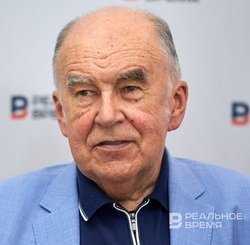
His deputy Artur Nikolayev agrees with him: “The company had production facilities abroad, that is, they know the market: both European and Asian. Taking into account the recent events that have developed in the relations between Russia and the EU, one of the options is to actually produce in another region, especially in such an understandable country as Uzbekistan. We have a number of industrial sites there with understandable management, engineering, maintenance. Therefore, companies, especially those from Tatarstan, will be comfortable placing their production in this country.” Uzbekistan is ready for cooperation and joint production with Russian business, the expert stressed
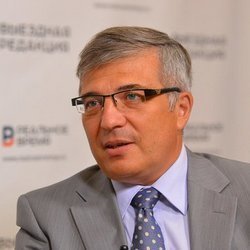
Economist Rustem Shayakhmetov highlighted that in the new region, it is important for domestic companies to qualitatively correspond to the realities of the market. According to the speaker, both enterprises will be aimed more at covering the needs of the growing local markets of Uzbekistan and Kazakhstan, rather than exporting — beyond these countries:
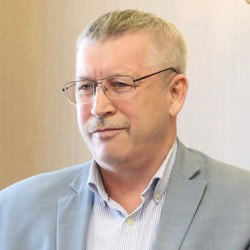
According to official data from Uzbekistan, the largest number of foreign enterprises in the country were opened by Russians since 2022. At that time, there were about a thousand companies with Russian capital, over the past time their number has tripled.